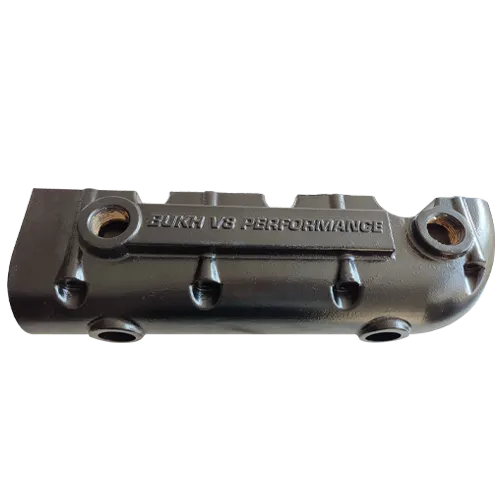Mobile:+86-311-808-126-83
Email:info@ydcastings.com
Design and Optimization of Multi-Stage Impellers for Enhanced Fluid Dynamics and Efficiency
The Multi-Stage Impeller A Cornerstone of Modern Pump Technology
In various industrial applications, the efficient transfer of fluids is crucial, and one of the most innovative designs to facilitate this is the multi-stage impeller. This complex component plays an essential role in enhancing the performance of centrifugal pumps, significantly improving their ability to handle various applications, from water supply systems to chemical processing.
The Multi-Stage Impeller A Cornerstone of Modern Pump Technology
One of the key advantages of multi-stage impellers is their ability to produce higher pressures with less energy consumption. This efficiency is primarily due to the staged design, where each impeller incrementally increases the pressure of the fluid. By optimizing the hydraulic performance at each stage, these impellers can effectively reduce energy losses, making them a preferred choice in scenarios where operational cost and energy efficiency are paramount.
multi stage impeller

Moreover, multi-stage impellers are often constructed from durable materials to handle varying fluid characteristics, including temperature fluctuations and corrosive elements. Manufacturers typically use high-quality materials such as stainless steel, bronze, or specialized polymers, ensuring that the impellers can withstand rigid operational demands while prolonging service life and minimizing maintenance costs.
The versatility of multi-stage impellers allows them to be applied in a multitude of scenarios. In municipal water supply systems, for instance, they are integral in transferring water from pumping stations to consumers, accommodating high demand with consistent pressure. In the oil and gas industry, they facilitate the transportation of crude oil and other fluids through extensive pipeline networks, demonstrating their adaptability to various fluid types and conditions.
Furthermore, the technological advancements in multi-stage impeller design have led to innovations such as smart monitoring systems. These systems can track the performance of the impellers in real-time, providing critical data on efficiency, wear, and potential issues before they escalate into major failures. Such predictive maintenance not only enhances reliability but also aids in extending the lifespan of the equipment.
In conclusion, the multi-stage impeller stands as a vital element in modern pump technology. Its ability to deliver high efficiency and adaptability across various applications makes it indispensable in today’s fluid handling landscape. As industries continue to evolve and demand more efficient solutions, the multi-stage impeller will likely remain at the forefront of innovation, driving advancements in fluid dynamics and energy conservation. With ongoing research and development, we can expect to see even more improvements that will further enhance the performance and applicability of this remarkable component.
-
Why Is Choosing the Right Motor Housing Critical for Engine Performance?NewsJul.18,2025
-
Which Impeller Types Best Optimize Your Pump’s Efficiency?NewsJul.18,2025
-
Optimize Maintenance Efficiency with Durable Oil Catch SolutionsNewsJul.18,2025
-
Maximize Pump Performance with Precision-Engineered ComponentsNewsJul.18,2025
-
Elevate Industrial Flow Systems with Precision-Engineered ComponentsNewsJul.18,2025
-
Boost Durability and Functionality with Precision Power CastingsNewsJul.18,2025











